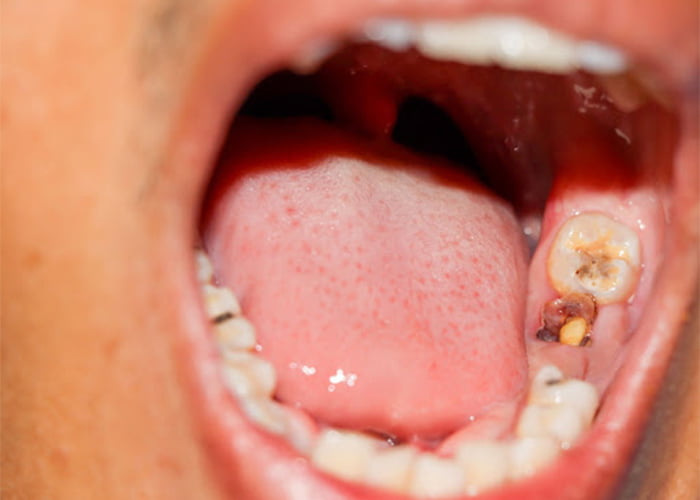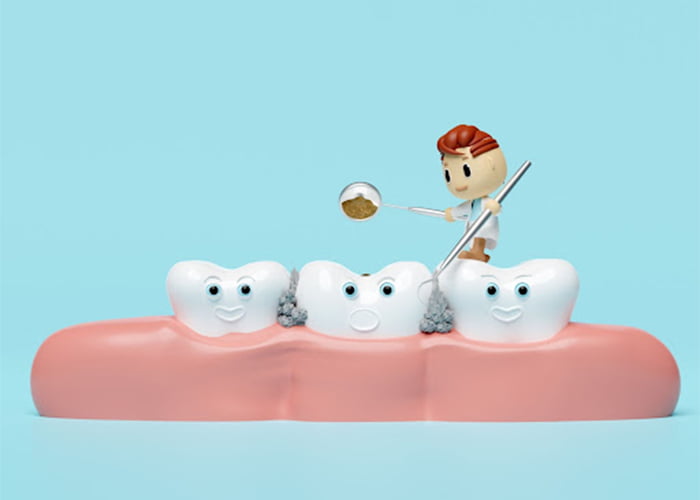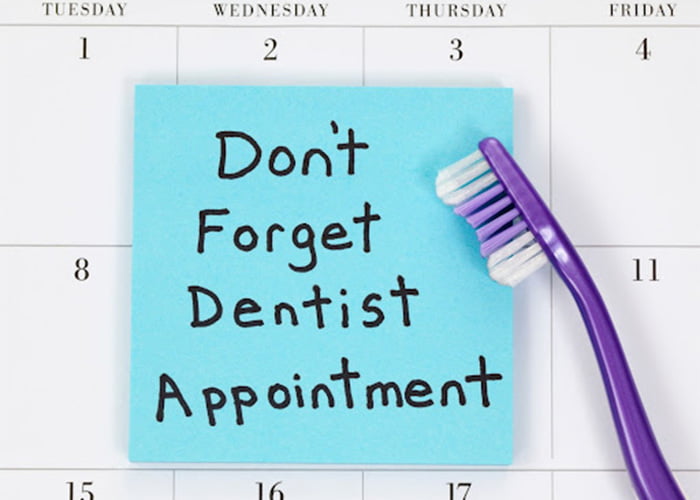Would you like to learn about reverse cavities or the causes of tooth decay? So join us to explore 5 essential questions to can you reverse a cavity.
Tooth decay is a common dental problem that can lead to serious oral health issues if left untreated. Understanding the causes and treatments of tooth decay is essential for maintaining good oral health. In this article, we’ll explore the various factors that contribute to tooth decay, including poor oral hygiene, a diet high in sugar and carbohydrates, and certain medical conditions. By learning more about tooth decay and its causes and treatments, you can take steps to protect your teeth and maintain a healthy smile for years to come.
What Happens Inside Our Mouths?
What happens inside our mouths is truly amazing. Our mouths are home to a diverse community of bacteria, saliva, teeth, and gums that work together to help us chew, swallow, and speak. But sometimes, this community can turn against us, leading to cavities, tooth decay, and gum disease.
Here are some activities that happen inside our mouth:
- Chewing food: One of the most important activities that happen inside our mouth is chewing food to help break it down into smaller and more easily digestible pieces.
- Producing sound: Our mouth plays an important role in producing sounds to help us speak, sing, or laugh.
- Salivating: Saliva in the mouth helps to moisten and soften food to make it easier to swallow and digest.
- Causing bad breath: Due to the breakdown of food and the impact of bacteria in the mouth, bad breath can occur.
- Swallowing: After chewing food, we must swallow it to send it to the stomach for digestion.
- Producing saliva: Saliva is produced to help keep the mouth moist and prevent dry mouth.
- Sanitizing: Saliva and enzymes in the mouth have a sanitizing effect and help to eliminate bacteria in the mouth.
- Absorbing nutrients: The nutrients in food are absorbed through the digestive tract, starting in the mouth.
How does a cavity develop?
When it comes to dental health, cavities are one of the most common issues people face. But how exactly does a cavity develop? A cavity is essentially a hole that forms in a tooth due to decay. This decay is caused by bacteria in the mouth that produce acid, which eats away at the enamel on the tooth.
The development of a cavity is a gradual process. It begins with the formation of plaque on the surface of the tooth. Plaque is a sticky film that forms when bacteria in the mouth mix with sugars and starches from food. If the plaque isn’t removed through proper brushing and flossing, it can harden into tartar, which can lead to tooth decay and cavities.
Over time, the acid produced by bacteria in the mouth can eat through the enamel and create a small hole in the tooth. This is the beginning of a cavity. If left untreated, the cavity will continue to grow larger and deeper, eventually causing pain and potentially leading to the need for a root canal or tooth extraction.

Can you reverse a cavity?
Can you reverse a cavity? This is a common question that many people ask when they are dealing with dental decay. The good news is that in some cases, it is possible to reverse a cavity.
The first step in reversing a cavity is to identify it early. This means scheduling regular dental checkups and cleanings with your dentist.If you identifies a cavity early on, there are several steps you can take to help reverse it. These may include:
- Improving your oral hygiene routine: Brushing twice a day and flossing daily can help remove plaque and bacteria from your teeth and gums, which can slow or even reverse the progression of a cavity.
- Using fluoride treatments: Fluoride can help strengthen tooth enamel and repair early signs of decay.
- Making dietary changes: Limiting sugary and acidic foods and drinks can help reduce the risk of cavities and promote overall oral health.
- Getting a dental filling: If the cavity has progressed beyond the early stages, your dentist may need to fill the cavity to prevent further damage and decay.

How can you prevent a cavity from forming in the first place?
Preventing cavities is an important part of maintaining good oral health. Here are some tips on how to prevent cavities from forming in the first place:
- Brush your teeth regularly: Brushing your teeth twice a day with a fluoride toothpaste can help remove plaque and bacteria that can lead to cavities.
- Floss daily: Flossing can help remove food particles and plaque from between your teeth and along the gum line.
- Use mouthwash: Mouthwash can help kill bacteria and freshen breath. Look for a mouthwash that contains fluoride to help prevent cavities.
- Limit sugary and acidic foods and drinks: Sugary and acidic foods and drinks can contribute to the formation of cavities. Try to limit your intake of these types of foods and drinks.
- Chew sugar-free gum: Chewing sugar-free gum after meals can help stimulate saliva production, which can help neutralize acid and prevent cavities.
- Drink plenty of water: Drinking water can help rinse away food particles and bacteria from your mouth.
- Visit your dentist regularly: Regular dental check-ups can help detect cavities early and prevent them from getting worse.

When It’s Time to See a Dentist?
Regular dental check-ups are important to maintain good oral health. Here are some signs that it’s time to see your dentist:
- Toothache: If you experience constant toothache, it could be a sign of a pitting or other dental problem that needs professional treatment.
- Bleeding gums: Bleeding gums are often an early sign of gum disease and should be addressed by a dental professional.
- Bad breath: Bad breath can be caused by many factors, including poor oral care, gum disease, and tooth decay. Your dentist can help diagnose and treat the root cause.
- Loose or missing teeth: If you have loose or lost teeth, it’s important to see your dentist right away to prevent further damage and possible tooth loss.
- Jaw pain: Jaw pain or clicking noises can be a sign of temporomandibular joint (TMJ) disorder, which requires a dentist’s attention.
Sores or lumps in the mouth: If you have any unexplained sores or lumps in your mouth, it’s important to see a dental professional to rule out any serious problems.
Additionally, if you have any concerns about your oral health or notice any changes in your teeth or gums, you should schedule an appointment with a dentist right away.
Read more: Delta Dental of Marysville

In conclusion
Understanding what happens inside our mouths and how cavities develop is essential for maintaining good oral health. By practicing good oral hygiene habits, eating a healthy diet, and visiting your dentist regularly, you can help prevent cavities and keep your teeth and gums healthy for a lifetime.
If you’re looking for a reliable and experienced dentist in Marysville, look no further than Dentist For Life. Our team of highly skilled dental professionals is committed to providing the best possible care for our patients. From routine cleanings and check-ups to complex dental procedures, we offer a wide range of services to meet your dental needs. We use the latest technology and techniques to ensure that you receive the highest quality care possible. Whether you’re looking for a new dentist for yourself or your family, Dentist For Life is here to help. Contact us today to schedule an appointment and experience the difference that our expert care can make.



